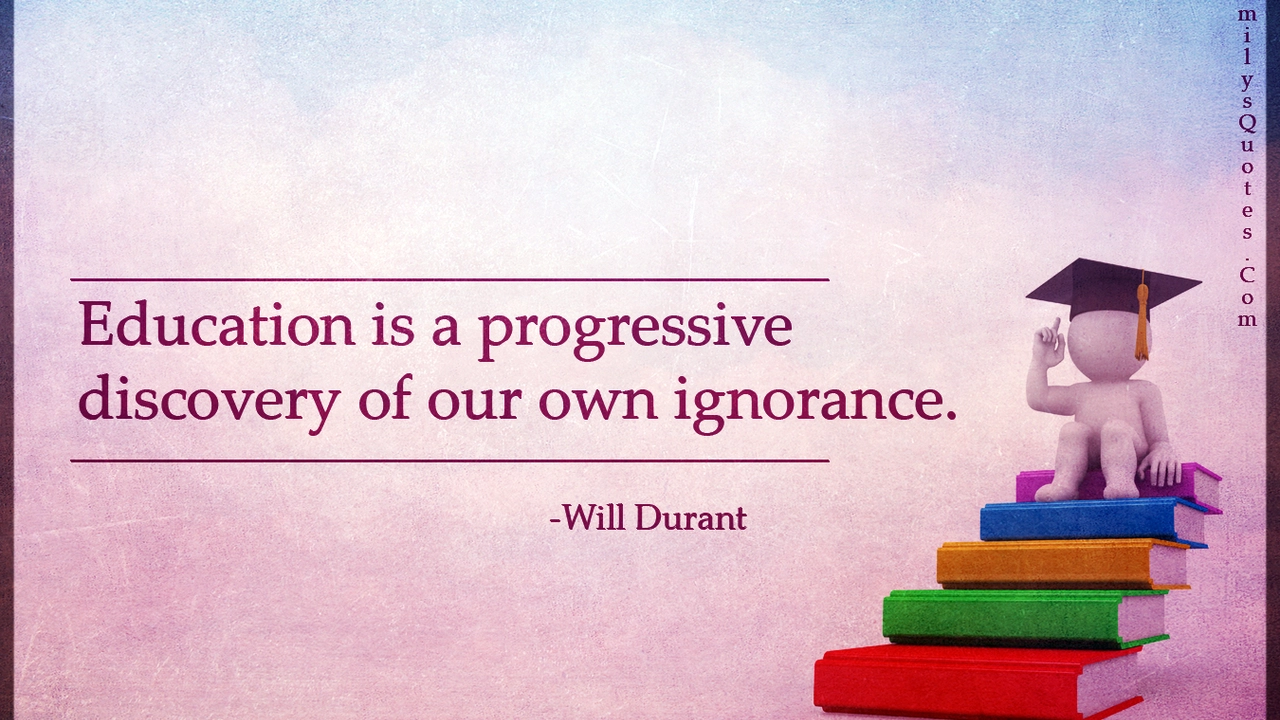Expensive Education Topics – Costs, Value, and How to Handle Them
Ever wonder why a single semester can feel like a small loan? The price tag on many courses isn’t random – it reflects facilities, faculty, and market demand. Knowing what drives the cost helps you decide if it’s worth it for you.
Why Some Courses Cost More
First off, top‑tier schools spend big on labs, tech, and guest speakers. A chemistry program with state‑of‑the‑art equipment will always cost more than a textbook‑only class. Next, reputation plays a role. Institutions with a strong brand can charge a premium because employers recognize the name on a resume.
Specialized fields add another layer. Think of aviation training – there are aircraft, simulators, and safety certifications involved. Those resources don’t come cheap, so the tuition reflects that. Finally, location matters. Schools in big cities face higher rent and salaries, which they pass on to students.
How to Manage High Education Expenses
Don’t let a big price tag stop you. Start by comparing the total cost, not just tuition. Some schools bundle fees, housing, and meals into one figure, which can actually be cheaper than piecing them together elsewhere.
Look for scholarships that target specific majors or demographics. Many are hidden in department newsletters, so keep an eye on those. Early‑bird applications often unlock discount windows, too.
Consider community colleges or online courses for foundational classes. You can transfer credits later and save a chunk of cash. Part‑time work on campus is another practical way to offset costs while gaining experience.
If you’re still on the fence about a pricey program, ask current students or alumni about the return on investment. Do they land jobs faster? Do they earn a higher salary? Real‑world outcomes can justify the expense.
Lastly, create a budget that accounts for books, transport, and personal expenses. A clear picture of where your money goes prevents surprises and helps you stay on track.
Remember, “expensive” doesn’t automatically mean “better.” It’s about matching the cost to the value you expect to receive. By understanding why prices are high and applying smart financial tactics, you can make informed choices without breaking the bank.

Who said 'If you think education is expensive, try ignorance.'?
The quote "If you think education is expensive, try ignorance," is often attributed to various people, but its exact origin is unclear. Some attribute it to Derek Bok, former president of Harvard University. Others suggest it was first spoken by Andy McIntyre, while some even attribute it to influential figures like Nelson Mandela. Regardless of its source, the quote emphasizes the value of education over the costs of ignorance. It's a powerful reminder that investing in knowledge can lead to better outcomes than remaining uninformed.
Read More